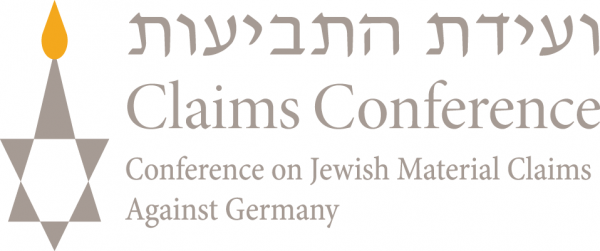West German Federal Indemnification Law – BEG
The original West German Federal Indemnification Law (known as the Bundesentschädigungsgesetz, or BEG) was enacted in 1952 by the government of West Germany as a result of agreements with the Claims Conference. This law encompasses three separate German laws that were adopted in 1953, 1956 and 1965 that provided for compensation to Holocaust survivors.
This form of compensation was referred to by the German government as Wiedergutmachung, which literally means “making good again.” However, this term was not accepted by the Claims Conference and is generally no longer used in recognition of the fact that the suffering of Nazi victims cannot be “made up for” by any amount of material compensation.
Because the deadlines for filing claims under the BEG laws of the 1950s and 1960s have expired, it is no longer possible for new applicants to receive compensation under the BEG. Nor is it usually possible to reopen applications for BEG payments that have been denied.
However, in a small number of special cases, individuals who previously applied to the BEG but who were denied payment because they were not able to prove sufficient damage to health may possibly reopen their BEG claims.
It is sometimes possible for Jewish victims of Nazi persecution who receive ongoing BEG payments to obtain additional benefits. Under certain circumstances, recipients of ongoing BEG payments can apply for stays at a health spa (Kur), or for increases in ongoing BEG payments due to deterioration in health.
Widows and widowers of victims of Nazi persecution who were recipients of ongoing BEG payments may also be eligible to receive payments, under certain circumstances.
The information presented herein is intended for information purposes only and solely as a general guide. The information is not intended as legal advice. It is a summary of specific issues and does not represent a definitive or complete statement of the programs and policies of the agencies or governments mentioned. The information may not address the special needs, interests and circumstances of individual recipients. Individual situations differ and recipients are urged to seek individual advice. Individuals seeking specific information on a program are urged to contact the relevant program or to consult their social service agency or help center representative. To the best of our knowledge the information is correct as of the date of this document and this information may change subsequent to the said date: Updated January 2005

